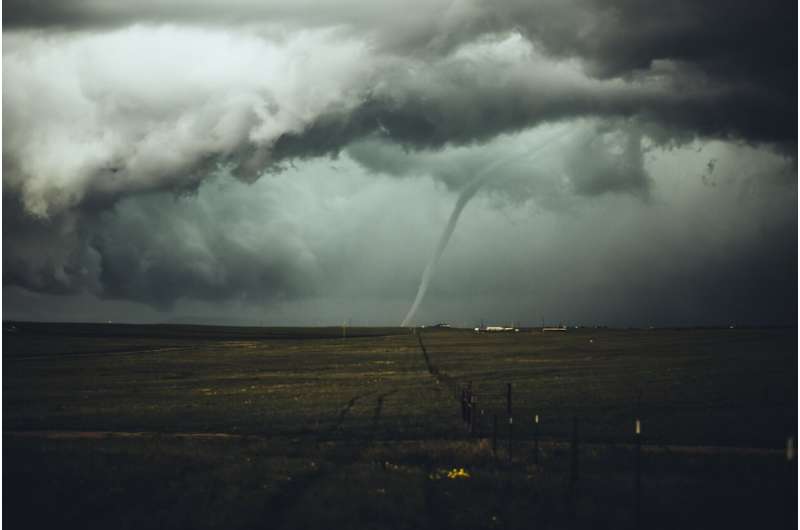What other storms can teach us about looming mental health impacts of Hurricane Ian

As residents of southwest Florida begin the arduous process of rebuilding their lives in the wake of Hurricane Ian, Tulane University experts who have studied long-term impacts of storms in New Orleans have one piece of advice: don't ignore your mental health.
Survivors are likely to experience an array of emotions, from depression to anger, and it is important that they tap into resources that can help them deal with their grief. While professional help may be necessary, experts say, they shouldn't discount the help that come from supportive friends and family.
"The recovery period begins a rollercoaster ride of ordeals, leaving a trail of memories for our brain to process," said Charles Figley, director of the Tulane Traumatology Institute. "It could become too overwhelming for some people, and the critical thing is to be with those who know and love you when trauma happens."
Figley, an award-winning trauma psychologist and traumatologist, is the Dr. Paul Henry Kurzweg Distinguished Chair and a professor of disaster mental health and social work. He founded the Traumatology Institute in 1996 at Florida State University as a result of the Oklahoma City bombing the year before. He brought the institute to the Tulane School of Social Work in 2008, three years after Hurricane Katrina.
"The process of recovery can take time, and has an ebb and flow to it, so it is very important to be kind to yourself," said Reggie Ferreira, director of the Disaster Resilience Leadership Academy, which is also based at the Tulane School of Social Work. Among other things, the academy trains students in how to plan disaster-related crisis and stress management programs that promote resilience.
"Most important is to tap into your social support network and get connected with resources available in the community to assist with recovery," he said. He recommended the Disaster Distress Helpline, a program of the Substance Abuse and Mental Health Services Administration. The hotline operates 24 hours a day to provide immediate crisis counseling for people who are experiencing emotional distress related to any natural or human-caused disaster.
Ferreira has conducted several studies on disaster mental health, including one on the link between disaster and intimate partner violence. He said he has several studies under review on the impact of Hurricane Ida and COVID-19 on intimate partner violence.
Provided by Tulane University



















